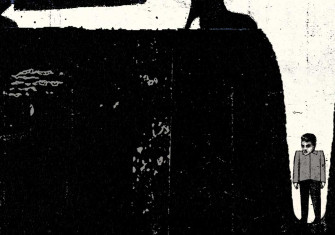The Idea of Poverty
Gertrude Himmelfarb considers why and when poverty ceased to be a ‘natural’ condition and become a ‘social’ problem in the Early Industrial Age.
'The mischievous ambiguity of the word poor' – if there was a single theme dominating the discussion of poverty in the early nineteenth century, it was this. The phrase appeared in the Poor Law Report of 1834. But it had been anticipated almost forty years earlier by Edmund Burke when he objected to the 'political canting language,' the 'puling jargon' of the expression, 'labouring poor.' The issue was not semantic; it went to the heart of the conception of poverty and the image of the poor, of the 'social problem' as it was called, and of the social policies deemed appropriate to that problem.







